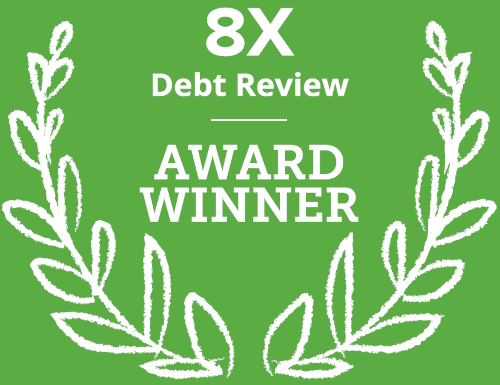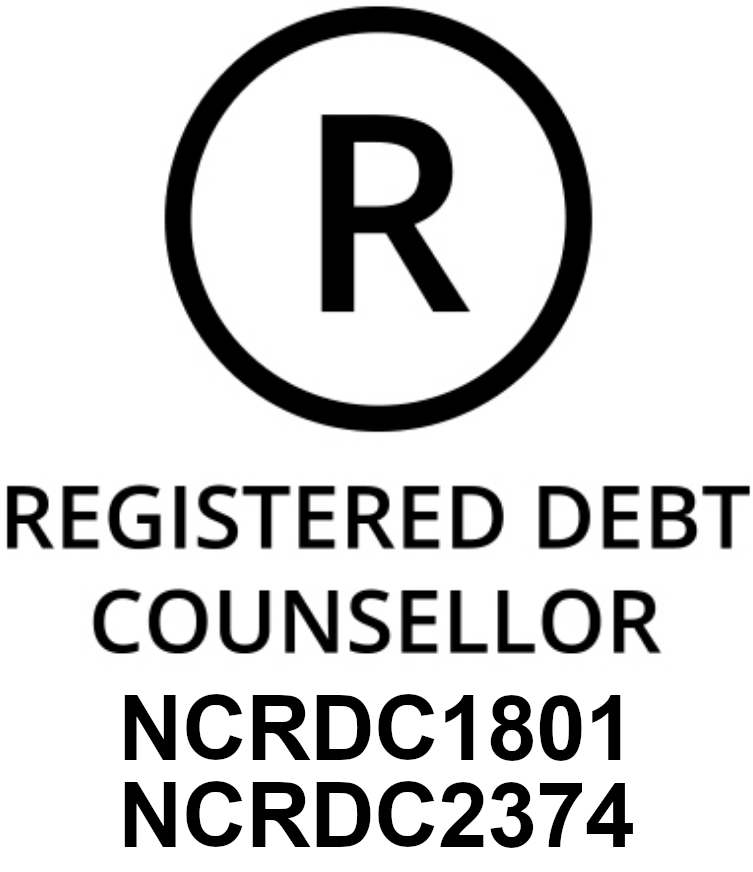We generally tell our readers to stay away from debt but sometimes credit cards can come in handy. Anything could happen in our lives, and some things might bring on the sudden need for money.
Do you have emergency cash to replace your fridge if it packs up or if your car needs a major service for instance?
If you want to take out a credit card, or already own one, here are some tips on how you can use it more wisely, avoid fees and - in some cases - benefit financially:
The best way to use your credit card
1. Choose your credit card wisely and make sure you can afford the fees
Take special care and attention when choosing your credit card. Before you take out a credit card, first establish how expensive it will be to own one and shop around for the best deal.
There are a variety of fees that can be attached to your card such as monthly fees, interest rates on purchases and an initiation fee when you first open your credit account. Interest rates can vary from bank to bank.
At the time of writing, FNB said its rates range from 12% to 22%, while Standard Bank’s ranged from 18.5-22.1%. Some providers can charge up to 25%, if not more.
2. Pay your bills on time
Remember, late payments have a negative effect on your credit rating and can incur penalty fees.
3. When you make purchases there is a an "interest free period"
This can be anything from 30 for up to 55 days depending on when you bought the item and who your provider is.
Find out from your bank when your interest free period applies from and make sure you pay your card in full before the next cycle starts.
If you have problems keeping track of this then ask the bank to organise a debit order to pay the account before the interest free cycle ends.
4. Know if you will pay interest from day one on certain transactions
These include fuel purchases, drawing cash and conducting transactions abroad. Avoid using your credit card in these instances but if you have no choice or intend on using it to benefit from rewards points, then preload your credit card with your own money first to prevent paying the interest.
5. The rewards are there to entice you and encourage you to spend more
Don’t just compare credit cards reward schemes as they are all very different. Rather compare interest rates and costs associated with owning a credit card.
Need debt counselling or consolidation?
Explore DebtBusters' solutions for reducing your interest rates and unlocking cash.
Find out moreIf you want a card with rewards make sure that it fits in with your lifestyle habits. Don’t, for example, get a credit card that provides you with comprehensive travel insurance when you don’t travel a lot.
6. Be aware that with some providers, the more rewards you have the more you will pay in interest or fees
Reward cards work in your favour if you pay off your card in full every month — that way you benefit from deals and the bank doesn’t charge you interest. But if you are the type to hold a credit card balance, rather choose a card with a low interest rate without the rewards.
7. Some banks don’t charge you point of sale (POS) charges on your credit card but they do on your debit card
Point of sale charges could be as high as R3.50 on your debit card. We don’t recommend that you use your credit card like a cheque card. However, if you are savvy and manage your money well this trick could save you money.
To avoid paying (POS) charges preload your credit card with your own money and use it to make your purchases. If you use this technique you have to keep a close watch on your credit card balance to ensure that you don’t get carried away.
Remember this trick is used to save you money and not get you in the red. When you realise that you are close to using the bank’s money, either pay more in or stop using the card.
8. Don’t max out your credit card
Do a budget and calculate what you can afford to pay every month. Credit cards should only be used in emergencies.
“If you are concerned you may go over your limit speak to your credit card provider and ask for them to reduce your limit. It can always be increased once your financial circumstances improve,” said Graeme Holmes, head of consumer cards at Nedbank.
9. Reduce the number of credit cards that you have
This will lower your tendency to overspend.
10. Credit card providers often try to entice new customers with great promotional offers
Interest rates on balance transfers could be quite low but are valid for only a certain amount of time (generally six to twelve months). You could get caught out once this ‘honeymoon’ period ends as the interest rate will then jump to the standard rate, which could be quite high.





